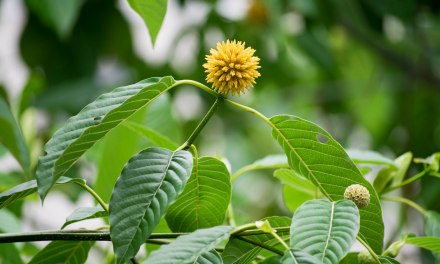Two stories that you may well read more about in the coming weeks:
First, a surprising result concerning a relationship between cannabis use and cancer — of the head and neck.
Heavy Cannabis Use Linked to High Risk of Head, Neck Cancers
A real attention-grabber, no? And concerning, given that this is an era when a pattern of heavy cannabis use– think high-potency pot, daily or near-daily — is more common than ever.
However, two earlier studies did seem to contradict these findings, which means– yep, “more research is needed”. At least before we get to draw firm conclusions.
If I had to guess, it’s possible that heavy pot use somehow contributes to a reduction in the individual’s resistance to the two cancers, rather than acting as a direct cause. The article did however suggest that based on these findings alone, heavy users might consider switching to a method of ingestion other than smoking.
Next up: an article from RTI, the giant nonprofit research organization, about a possible new treatment for PTSD. Here’s a link:
Stellate Ganglion Block: A New Treatment
Stellate blocking– acronym SGB– has been around for a while, as a way to relieve severe pain. Someone came up with the idea of employing it for PTSD symptoms. So far, the results are impressive.
Most of the treatments in current use for PTSD are behavioral, ranging from CBT and EMDR to psychotherapy, sometimes using drugs such as psilocybin, ketamine, and MDMA. The idea is to effect a kind of ‘reprogramming’ of the patient’s stress responses through a combination of medication and therapy.
SGB is a more direct intervention. How it works: “The procedure… involves injecting a local anesthetic into the stellate ganglion– a group of nerve cells and nerve fibers in the neck that helps regulate the body’s ‘fight or flight’ mechanism.”
In short, the focus is on the brain’s ‘hardware’ rather than its behavioral ‘software’. And according to the researchers, SGB also seemed to have a positive impact on some of the other problems that often co-occur with PTSD — anxiety and depression, for instance, as well as alcohol consumption.
As for how long the benefits of treatment last, we won’t know for sure until it’s out of the lab and into medical practice. I assume that at least initially, it would be restricted to cases where other approaches had already been tried, and found ineffective.













